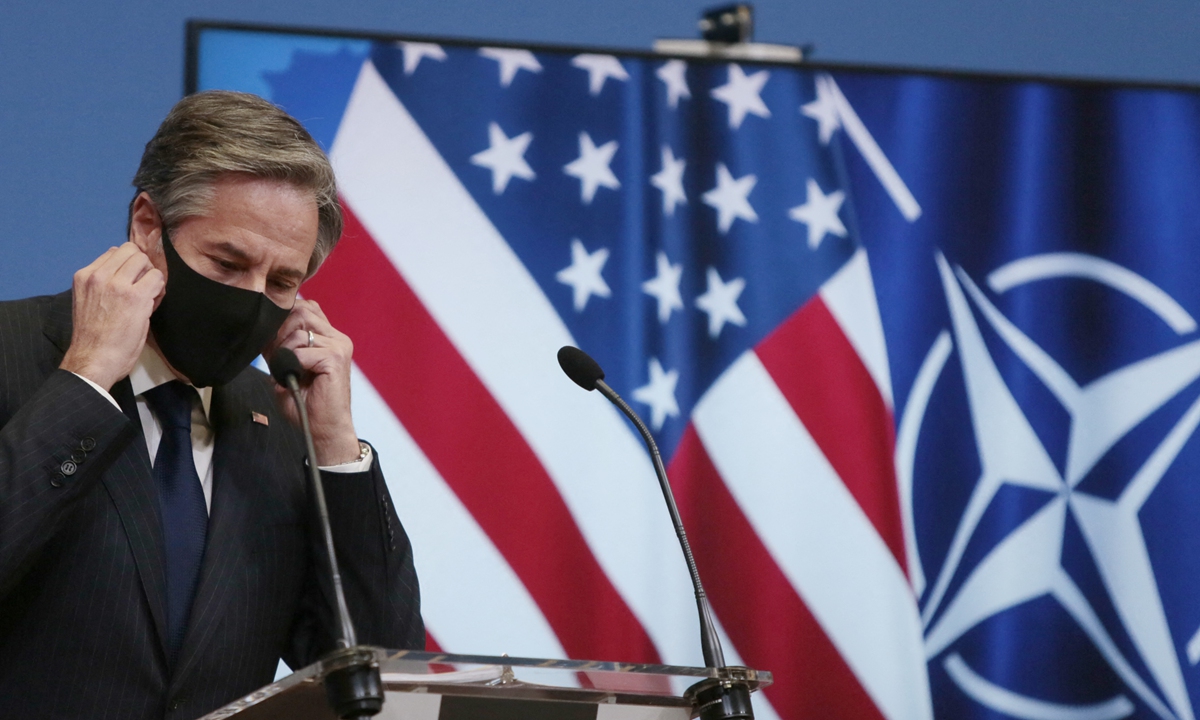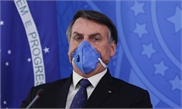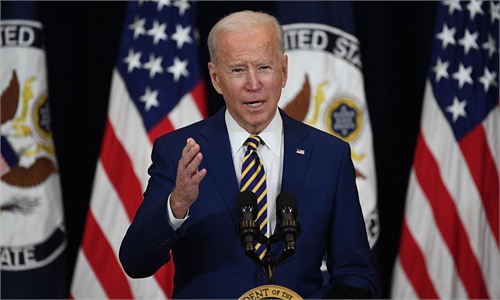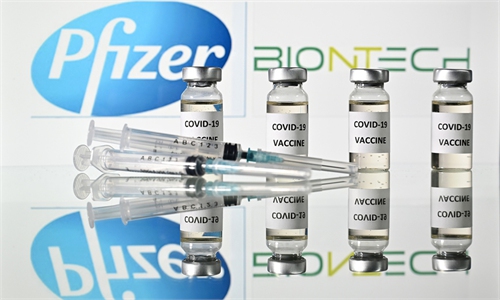
US Secretary of State Antony Blinken.
US Secretary of State Antony Blinken said during remarks at the State Department on Monday that the US is "exploring options" to share more COVID-19 vaccines with other countries, as it gets "more confident" in its vaccine supply at home.
Chinese experts said on Tuesday that it is a good thing that the US, which has been performing poorly in global epidemic control and refusing to provide COVID-19 vaccines for other countries, intends to make contributions to worldwide epidemic control and COVID-19 vaccine access. But how the White House will do it and whether it will use vaccines to seek geopolitical competition remain to be seen.
Blinken named Gayle Smith, a former US Agency for International Development (USAID) coordinator under the Obama administration, the coordinator for the Global COVID Response and Health Security at the US State Department to lead US COVID-19 vaccine diplomacy, as the country is seeing increasing criticism for not sharing vaccines with the other countries.
Based on its China policy and geopolitical mindset, it cannot be ruled out that, setting such a post and sharing vaccines with other countries, the US may aim to improve its influence on vaccines and epidemic control issues on a global scale, Li Haidong, a professor at the Institute of International Relations of the China Foreign Affairs University, told the Global Times on Tuesday.
Li said that it is a good intention to make contributions to global epidemic control, even as a latecomer, but if the US really starts to supply vaccines to other countries, it would possibly take its allies as first priority, which would possibly lead to unfairness.
Since it took office in January, the Biden administration has stepped up COVID-19 inoculations nationwide. As of Sunday morning, it has administered more than 165 million doses. Blinken said that by the end of May, the US will have enough vaccine supply for all adults in the country.
Despite its efforts in domestic inoculation, the country has been criticized for not sharing vaccines with other countries, which was viewed as one of the reasons for the US to adopt the new move.
As China started providing COVID-19 vaccines to developing countries, "vaccine diplomacy" has become one of the most frequently used terms by the Western media and some US politicians, who accused China of using vaccines to exert political influence.
A February report by the Wall Street Journal covered such cooperation with the headline "China Deploys Covid-19 Vaccine to Build Influence, with U.S. on Sidelines." The Associated Press also reported that China's growing economic and diplomatic influence in the region has worried US policymakers as a "national security threat."
"When China provides COVID-19 vaccines to the international community, the Western media and politicians call it 'vaccine diplomacy,' but when it is the US' turn, they label it as a humanitarian effort, which is in line with the US' usual double-standard diplomatic style," Li said.
Experts said China always welcomes cooperation in global COVID-19 vaccine supply and epidemic control. But it will not affect China's own steps of providing vaccines to the international community, if the US chooses not to engage in cooperation, they said.



